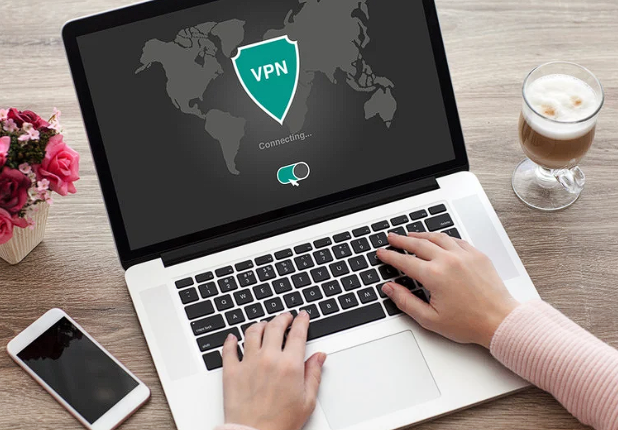Introduction: Trust Is the Core of VPN Safety
When you use a VPN, you’re handing over the keys to your internet activity. Every website you visit, every app you open, and every bit of data you send passes through that VPN provider’s servers. That’s why VPN trust matters so much.
A safe VPN can be your shield against hackers, trackers, and surveillance. But a shady VPN could be your biggest risk. Let’s dive into why trust is crucial — and how to choose a safe provider that won’t betray you.
Why VPN Trust Matters
Your VPN Sees Everything
Unlike your ISP, a VPN routes your traffic through its servers. This means it could monitor everything you do online.
False “No-Logs” Claims
Plenty of providers say they don’t log data, but some have been exposed for doing the opposite. When trust is broken, your privacy vanishes.
Privacy Is Only as Strong as the Provider
Even the strongest encryption won’t matter if the company behind it is careless or dishonest.
The Dangers of Choosing the Wrong VPN
- Your browsing history could be sold to advertisers.
- Governments may demand logs if the VPN operates in surveillance-heavy countries.
- Weak security policies could expose your data during hacks.
- Free VPNs might inject ads, track your behavior, or resell your data.
How to Choose a Safe VPN Provider
Look for Independent Audits
A trustworthy VPN undergoes third-party audits to verify its privacy claims. Providers like ExpressVPN, NordVPN, and Proton VPN regularly publish audit results.
Check the Jurisdiction
Where a VPN is based matters. Privacy-friendly countries like Switzerland, Panama, or the British Virgin Islands don’t impose strict data-retention laws.
Read the Privacy Policy
Avoid vague wording like “minimal logs” or “may collect data.” A solid VPN should clearly state what it does — and doesn’t — store.
Seek Out RAM-Only Servers
RAM-based servers automatically wipe data after each reboot. This makes long-term logging nearly impossible.
Research Provider Reputation
Look at user reviews, independent tests, and any past scandals. If a provider has ever been caught logging, think twice.
VPN Features That Show Real Commitment to Safety
- Kill Switch: Blocks internet traffic if the VPN disconnects.
- DNS and IP Leak Protection: Prevents your real identity from slipping through.
- Obfuscation: Helps bypass censorship in restrictive countries.
- Multi-Factor Authentication: Secures your VPN account itself.
Top Trusted VPN Providers
- ExpressVPN: Audited multiple times, based in the British Virgin Islands, RAM-only servers.
- NordVPN: Independent audits, NordLynx protocol for speed, Panama jurisdiction.
- Proton VPN: Open-source apps, transparency reports, and Swiss privacy laws.
- Mullvad: No personal information required at sign-up, strict privacy-first approach.
Conclusion: Trust First, Features Second
At the end of the day, all VPNs offer encryption and privacy features. But only the trustworthy ones back their promises with proof. That’s why VPN trust matters more than flashy marketing or extra features.
If you want to choose a safe provider, look for independent audits, strong jurisdictions, RAM-only servers, and a solid reputation. Trustworthy VPNs like ExpressVPN, NordVPN, Proton VPN, and Mullvad prove that when it comes to your privacy, actions speak louder than words.
FAQ
- Why is trust so important when picking a VPN?
Because the VPN handles all your internet traffic, so you must rely on them completely. - Can I trust free VPNs?
Usually not. Most free VPNs track or sell your data to make money. - What’s the best way to verify a VPN’s privacy claims?
Look for third-party audits, transparency reports, and RAM-only infrastructure. - Are VPNs based in the US safe?
They’re subject to surveillance laws, so VPNs in privacy-friendly countries are safer choices. - Which VPN providers are considered the most trustworthy?
ExpressVPN, NordVPN, Proton VPN, and Mullvad consistently rank as the most trusted options.

